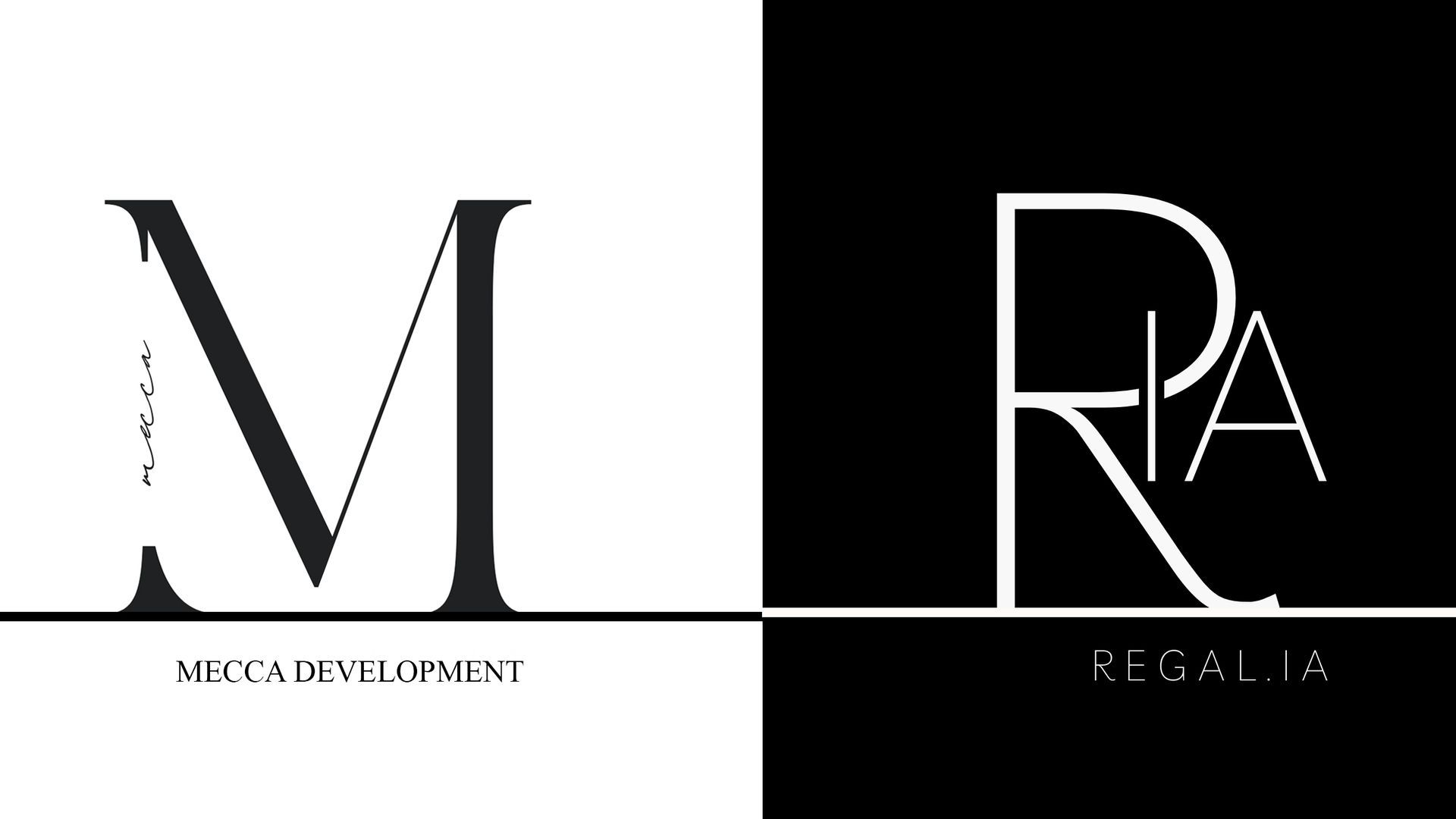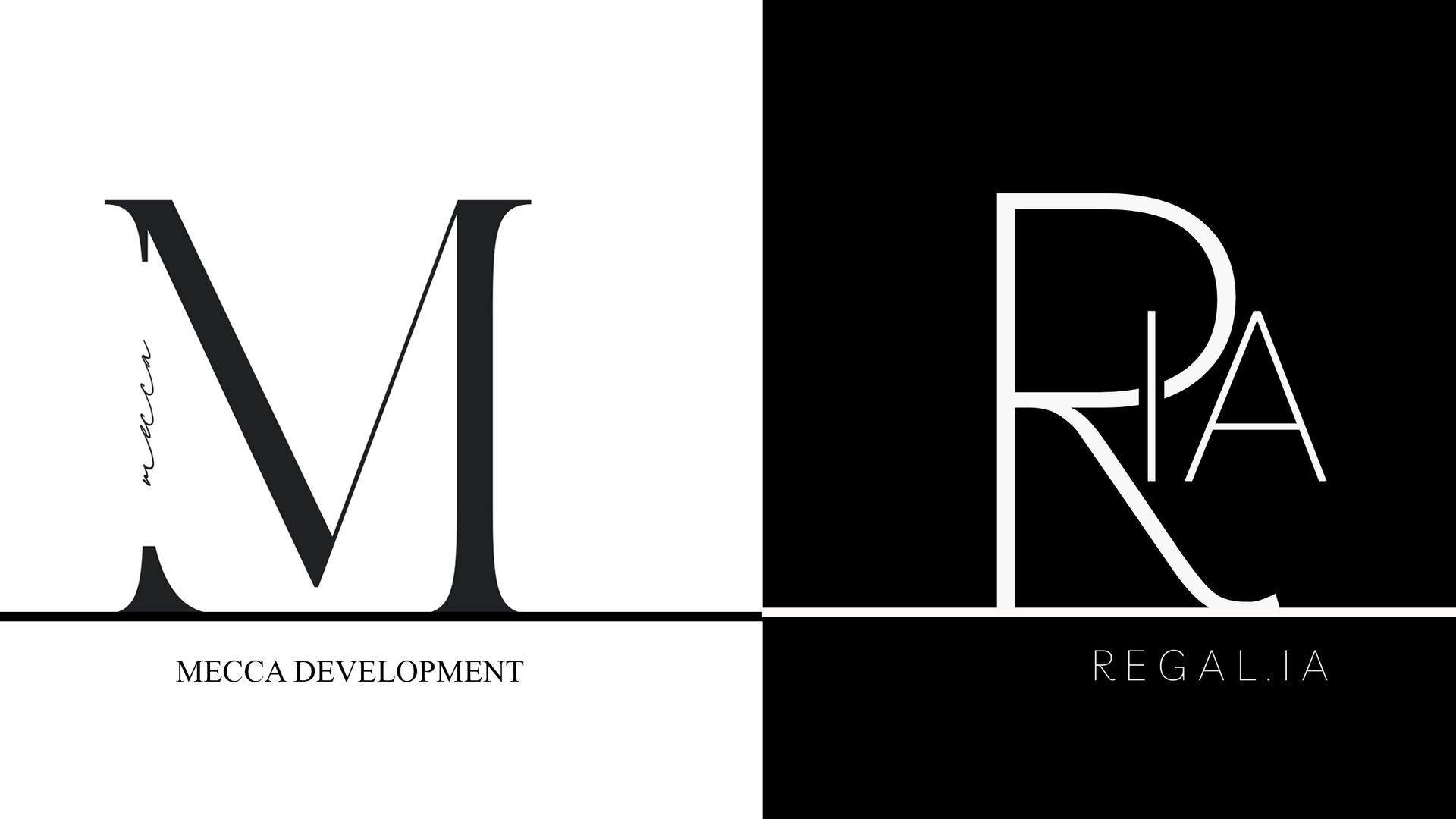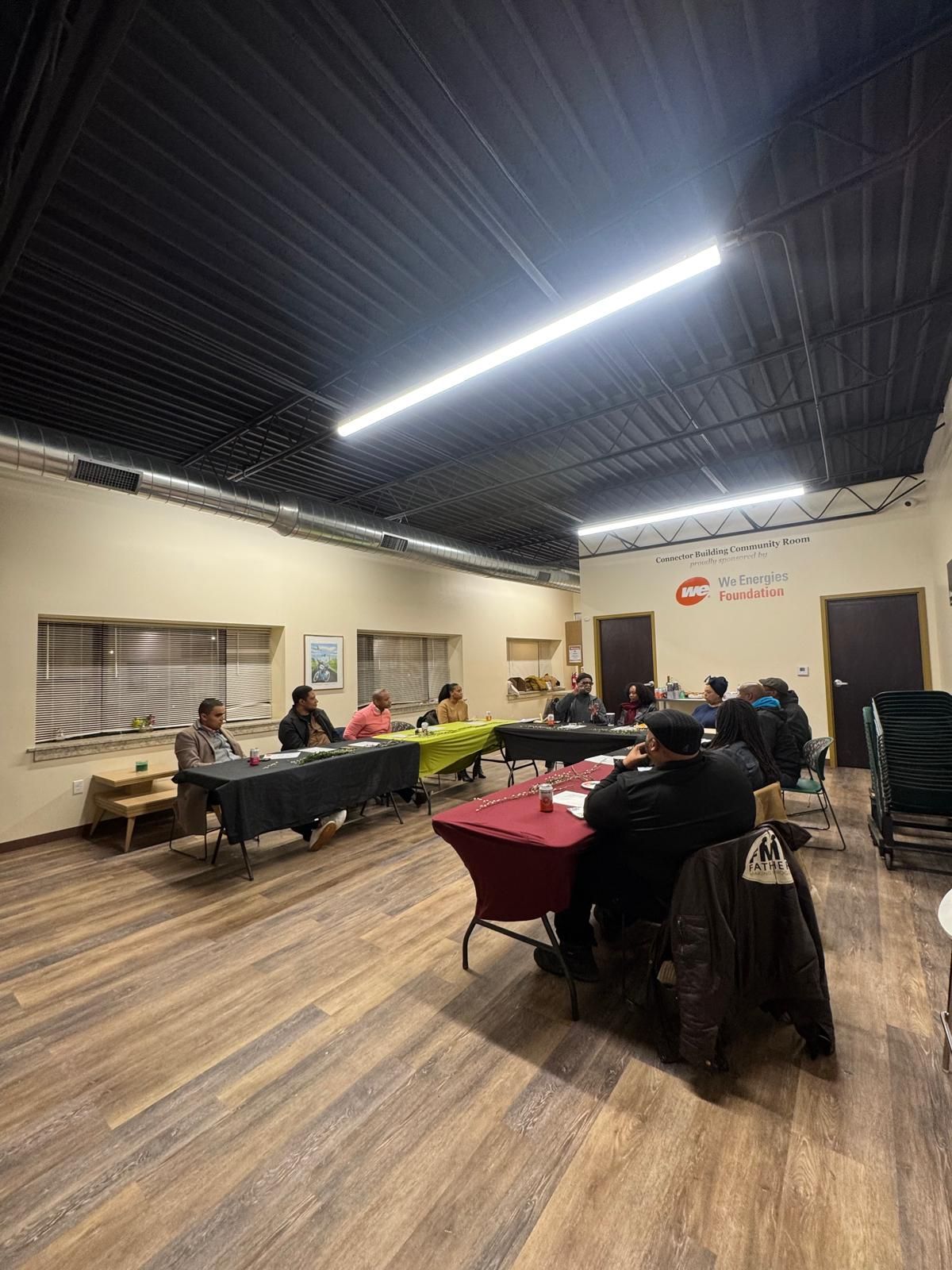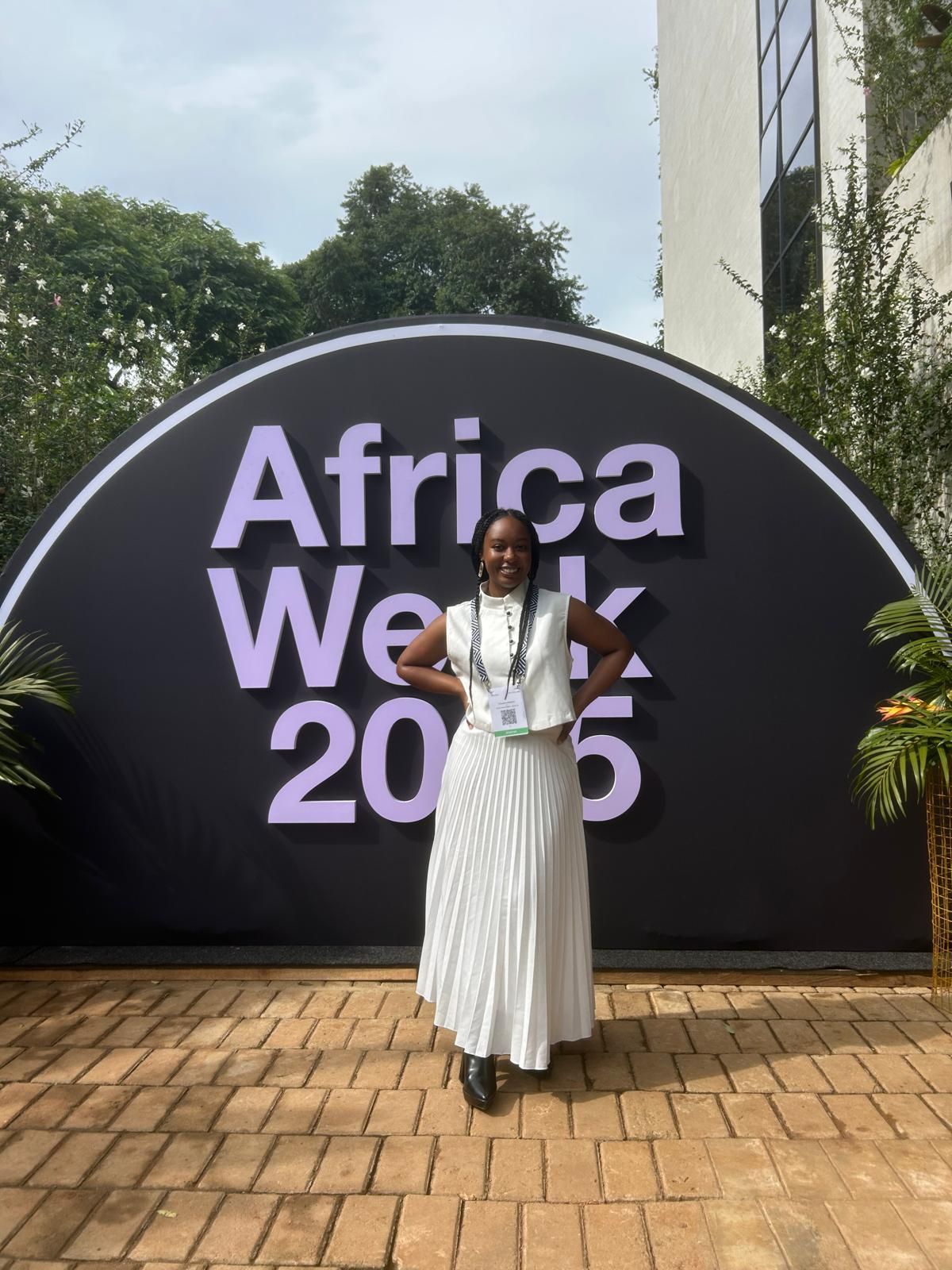Democratizing Real Estate: Trust, Technology, and the Future of Access
Critical Conversations: Regal.ia x Imali Series
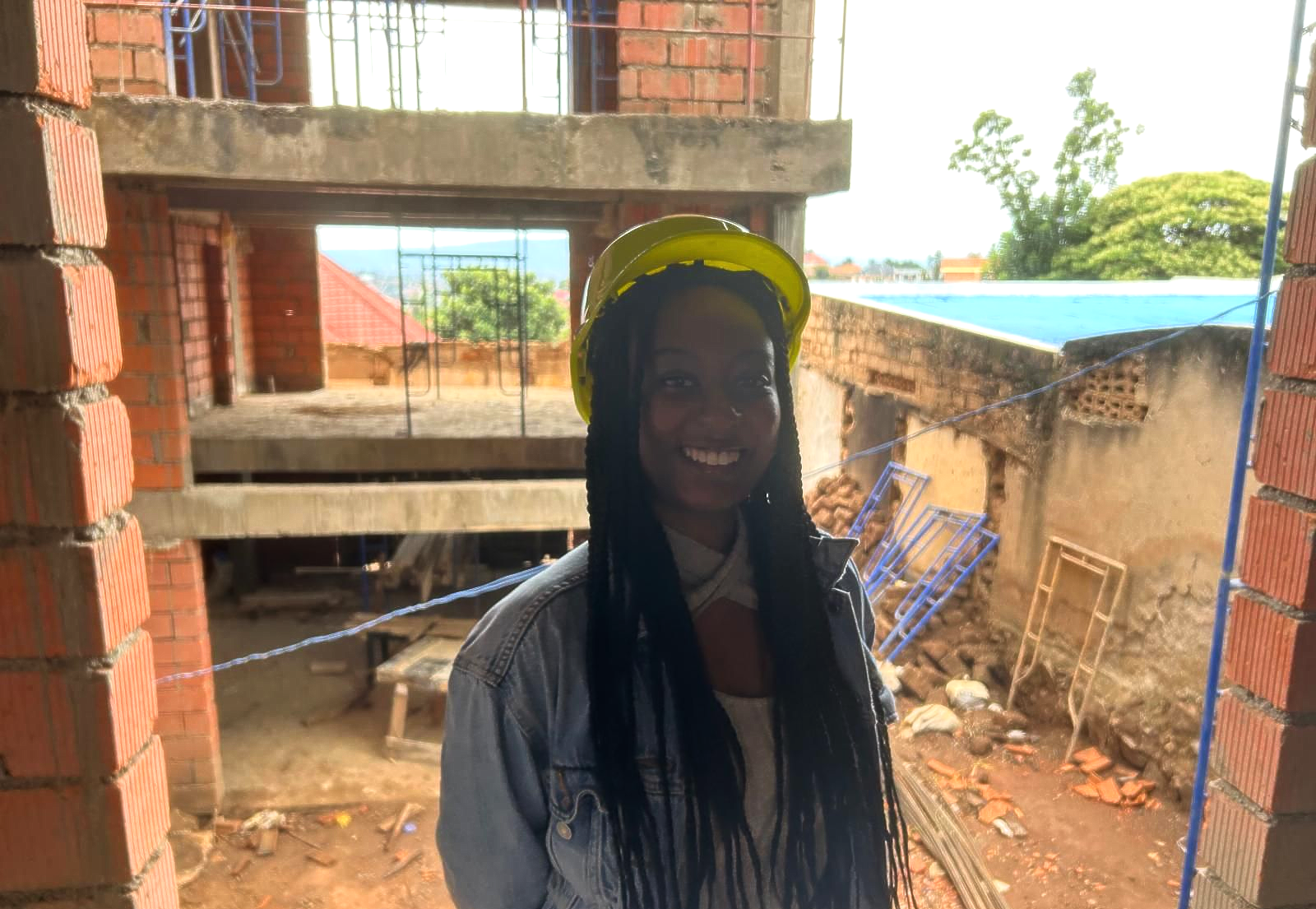
Introduction: The Turning Point
By November, our conversations had entered a new phase. What began as exploratory dialogues about systems, equity, and possibility had evolved into something more concrete: the architecture of the Regal.ia MVP as a trust engine, a coordination system, and a democratizing force in Africa’s real estate economy. Across two conversations — one focused on democratization and design, the other on financial architecture and system logic — Ramba and I found clarity:
We are not building a platform. We are building the infrastructure for shared power.
This is the merged story of those conversations.
1. From Fragmentation to Collaboration
Our discussion opened with a simple but revealing problem: high housing costs in Kigali. Ramba explained that the issue wasn’t materials, land, or labor. It was coordination.
“We have land, we have factories, we have talent,” he said. “But the market is fragmented. People work in isolation, and that keeps everything expensive.”
A small furniture factory we had visited — capable of producing thousands of chairs but producing only a few — became our metaphor for the entire system. The demand is real. The supply is real. What’s missing is the system that connects them.
Regal.ia’s purpose is to build that system.
2. Toward a Democratized Real Estate Economy
We explored what democratization actually means in the context of real estate — a sector historically defined by exclusion.
“To democratize real estate,” Ramba said, “we need to leverage the power of the buyer, the landowner, and the local producer.”
Democratization, in our vision, means:
- The buyer isn’t the final step — they’re the
starting point.
- The landowner isn’t passive — their land is
equity.
- The local producer isn’t peripheral — they’re
central to value creation.
Regal.ia’s MVP allows these contributions to be tracked, verified, and rewarded. Not symbolically — structurally.
3. Procedural and Generative Design: Intelligence as Access
The conversation turned to technology — specifically, the difference between procedural and generative design.
I explained it this way:
“Procedural design uses code to replicate what we already know works. Generative design goes further — it creates new options we haven’t yet imagined.”
In a context like Rwanda, where demand is urgent and resources are limited, both approaches matter:
- Procedural design gives prioritization, stability and standardization.
- Generative design gives expansion, projection, and optimization.
Ramba connected this to planning:
“If we can know who needs what, when, and how, we can predict the materials we’ll need ten years from now. That’s how you reassure investors and build trust.”
Design intelligence becomes more than visualization — it becomes economic forecasting.
4. Trust as Infrastructure
Throughout both transcripts, one theme dominated everything: trust.
“The biggest burden of investment in Africa is not money. It’s trust.” – Ramba
This insight is fundamental. The problem is not a lack of capital or talent — it’s the inability to verify that commitments will be honored.
Regal.ia’s system addresses this through:
- Verified data flows
- Smart contracts
- Digital escrow
- Transparent project pipelines
- Traceability of materials and contributions
As Ramba put it:
“If I can see the future in the pipeline — that doing good work today brings more opportunity tomorrow — then I’ll choose trust.”
Trust becomes designed, not assumed.
5. Short-Term Revenue vs. Systemic Value
We talked candidly about money. Ramba introduced a practical perspective:
“If we bring in $1 million, there’s a management fee. Maybe ten percent. That’s how you survive in the short term.”
I challenged that scope:
“That sounds like property management, not system design. I want Regal.ia to be the layer that organizes everything — not just a participant.”
We reached a shared conclusion: short-term revenue keeps momentum alive; long-term value comes from building the system that everyone else depends on. Regal.ia isn’t trying to outcompete developers or brokers. Regal.ia is building the structure that allows them to collaborate — efficiently, transparently, and scalably.
6. The Missing Layer: Translation
When I asked what Rwanda’s system needed most, Ramba didn’t say capital or technology.
“We have data in abundance — master plans, land registries. But the missing layer is translation: from the language the landowner understands, to the developer, to the buyer, to the investor.”
This insight sharpened our mission: Regal.ia is a translation engine.
Regal.ia translates:
- Land data into investment potential
- Buyer needs into design scenarios
- Supplier capacity into production pipelines
- Agreements into smart contracts
- Trust into infrastructure
The system is not replacing human relationships — it is clarifying them.
7. Rebuilding the System Itself
Ramba said something that stayed with me:
“In Rwanda, if you want something to happen, you must do it from A to Z yourself. The system was designed to be fragmented.”
This is not a technical problem — it’s a historical one. Colonial systems created fragmentation by design. Informal markets reinforced it. Modern development replicates it.
What Africa needs now is coordination, not control. Regal.ia’s contribution is precisely this: A digital, procedural, participatory system that stitches the market back together.
8. The Scale of Opportunity
Ramba laid out the numbers:
- Hundreds of millions in identified land assets
- 16,000 potential housing units in the current pipeline
- A national need for 5.5 million units by 2050
The question is not whether the opportunity exists. It is whether the system exists that can capture it without exclusion.
Regal.ia is building that system — one that:
- Attracts international capital
- Protects local value
- Enables fractional participation
- Reduces risk through data
- Clears bottlenecks through automation
- Builds trust through transparency
9. From Smart Contracts to Smart Communities
As the conversation closed, we reframed the entire endeavor:
“If we can send money on a phone,” Ramba added, “why can’t we also get a house on the phone?”
This is the heart of Regal.ia’s vision: Real estate as accessible as mobile money. A system where a landowner in Kigali, a buyer in Musanze, a builder in Huye, and an investor in New York can all engage in the same project, through the same transparent interface, with aligned incentives and verifiable contributions.
Not extractive. Not speculative.
Collaborative.
A system where trust is not an obstacle — but a feature.
